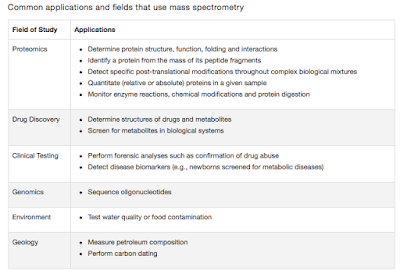Algal virus and Cognition- Is there a link?
Greetings
One of the most important accepted rule in the world of pathogens is the specificity of host. This rule is especially true when it comes to viruses. Most of the viral pathogens have a very restricted range of host. With drastic mutations, the virus maybe able to infect other hosts which are closely related to the original host. But, if I will cite an example of algal virus probably sitting in human throat, that would blow your mind of. And if I add to it that it may possibly influence your neurological activity, you will probably think I have gone nuts. I was equally mesmerized when I heard of the study and headlines in internet saying "Algal virus impacts cognition". I decided to look into a little more detail.
The virus under discussion here is ATCV-1 (Acanthocystis turfacea chlorella virus 1), a member of Chlorovirus. ACTV-1 has been previously reported to be found in human oral sample metagenomic analysis, in psychiatric patients though it was never formally tested for its importance. Being a virus of algae, it can be easily thought of as a contaminant since they are found in water reservoirs. Previous literature has evidence for detection of the viral signatures in brain biopsy samples. However, its validity couldn't be convincingly established.
The virus under discussion here is ATCV-1 (Acanthocystis turfacea chlorella virus 1), a member of Chlorovirus. ACTV-1 has been previously reported to be found in human oral sample metagenomic analysis, in psychiatric patients though it was never formally tested for its importance. Being a virus of algae, it can be easily thought of as a contaminant since they are found in water reservoirs. Previous literature has evidence for detection of the viral signatures in brain biopsy samples. However, its validity couldn't be convincingly established.
 |
| Box 1: Highlights of the study. |
In this new study, the researcher's studied normal and psychiatric patients for the presence of viral signatures in the oral flora. The study was able to show that of those infected with the virus, performed 10% worse than uninfected people on standard cognitive tests. So the most important question that arises from the result is does it mean anything? This was further tested by using a mouse model. The results looks quite compelling. Other than a significant difference in cognitive tests between infected and non infected, changes in roughly 1300 genes were also shown in hippocampus. By using modern bioinformatics analysis, the genes effected were found to be involved in pathways related to dopamine receptor signaling, cyclin-dependent kinase 5 (CDK5) signaling, antigen presentation, immune cell adhesion, and eukaryotic initiation factor 2. Note that dopamine is a central component of many psychiatric conditions.
Chloroviruses are common in inland waters throughout the world, usually in high numbers. Is the virus actively involved or is it through some non specific mechanism such as inflammation that has caused these changes. The current suggestion is. most possibly through a non specific inflammatory reaction. I had also like to take some more opinions into consideration. First, the virus was given to mice along with its host algae. Did that create an effect? Second, is it possible that the presence of ACTV-1 predisposes to some phenomenon (mostly inflammation), which accelerates the effect by some other compound. Or perhaps, does the antibodies produced against the virus induce any cross effect, such as is the case with PANDAS where culprit is Group A streptococcus.
The current paper however, does warrant the need to look into more details. In my opinion, the study is novel and has a point. However, 10% effect and no compelling mechanism is asking for more data and studies. Its too early to claim "Algal virus impacts cognition". Remember, Association is not causation.
Yolken RH, Jones-Brando L, Dunigan DD, Kannan G, Dickerson F, Severance E, Sabunciyan S, Talbot CC Jr, Prandovszky E, Gurnon JR, Agarkova IV, Leister F, Gressitt KL, Chen O, Deuber B, Ma F, Pletnikov MV, & Van Etten JL (2014). Chlorovirus ATCV-1 is part of the human oropharyngeal virome and is associated with changes in cognitive functions in humans and mice. PNAS PMID: 25349393





Comments
Post a Comment